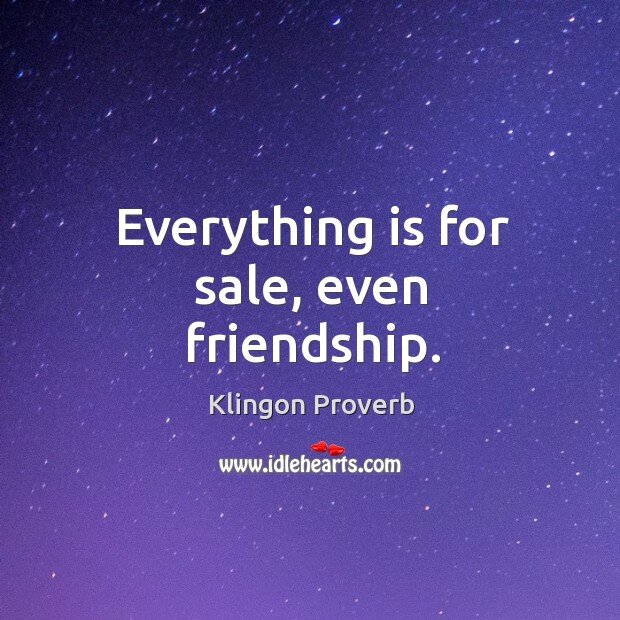A few of my friends are as flaky as pastry. They are consistently late, if they show up at all. They make lame excuses to get out of plans and often expose their own lies by mistake later when they forget what they lied about to get out of said plans in the future. Rolls eyes. They know I find this endlessly frustrating. Which, to be fair, only adds cause for them to lie in the first place I suppose. Because it is hard to be mad at someone if the cancelled plans is because their grandmother is sick, as opposed to they double booked themselves and would rather do the other thing than your thing.
But what these friends do have in common is that they are people pleasers. This makes them extremely popular because it means they are “yes” people. Yes, they would love to come to your kid’s recital, yes, they will be able to pick up their mother’s dry cleaning after work, and yes, they’d love to go camping with Tim on the same night as your kid’s recital.
For starters, while they are convincingly enthusiastic, they certainly could think of nothing more boring than said recital, they are resentful at their mother for not washing her own clothes if she can’t pick them up herself and they hate camping. You wouldn’t know this, because you believe their enthusiasm, but when you stop to think about it, it really makes sense. The problem is multifaceted.
My friend who is a people pleaser is a good friend. She helps when she can even when she doesn’t want to. We have a great time together when she shows up even if she is always late and we have a good balance of banter versus deeper comfortable conversation. For this reason, I decided to share with her what I had observed about her people pleasing ways.
I was surprised by the relief and rush of emotions that followed. Someone had seen not only her failure but her effort. She felt heard and validated and understood. She explained that she wants to be useful to people and is worried saying no will result in people leaving, although they always inevitably leave anyway. She was also open to hearing why people leave and could understand the effect this was having on herself and her relationships.
This particular friend has a heavy burden of serving her family. It leaves little time for much else. As these are the people least likely to abandon her, it seems unlikely to me that this pattern will change. As such, I had to ask myself how to be a better friend to my flaky friend. Which is funny isn’t it, but merited all the same.
I had already lowered my expectations. I accept that she will be late. I let it slide when she tells me white lies about her reasons for cancelling or being late. I know it will almost always be because her family asked her to do something, even if she tells me it was work because that sounds more important. Or if she tells me she napped all day and that is why she didn’t answer my message then later goes on to tell me about all the bargains she bought at the shops and the delicious pastry at the new bakehouse she tried. So, what more can I do?
I can make sure I don’t ask her for too much. I can make sure the things I do ask her for are not too important, so that when they are she knows the difference. I can be understanding of the fact that she often finds herself between a hard place and a rock, even when I am the rock. I can thank her for her efforts to be there at all even when she is not on time. I can offer to do some errands for her so that she is not so stressed and over scheduled. I can encourage her to say no to me and others and assure her it is ok to do nothing at all sometimes, all alone. I can let her make plans with me, and be flexible when they are more impromptu than I would prefer and accept that this is because she had to stay available to her family to the last second before making her own plans.
In return, she can acknowledge when she has let me down and trust than an apology will save not sever our bond. She can make more effort to be there and on time when I tell her it is important that she does. She can attempt to make plans with me instead of the other way around because she knows what she can manage. She can accept that I may not be available or willing to come impromptu because my own family expects me to be here if I have not told them in advance that I won’t be. She can come and hang out with us here instead.
But please come and join me there.
We often tend to assume flaky friends care the least, when maybe that is unjust. Maybe they care the most in theory, and that is what gets in the way of them showing it. It’s just that they care deeply about everyone and that creates conflict. At the end of the day understanding and accepting our friends and their circumstance instead of demanding change or making assumptions goes a very long way. Certainly seeing why she is the way she is helped me. I hope it helps you and yours too.
❤ Love,
Your Best Friend ForNever
xx
























































































